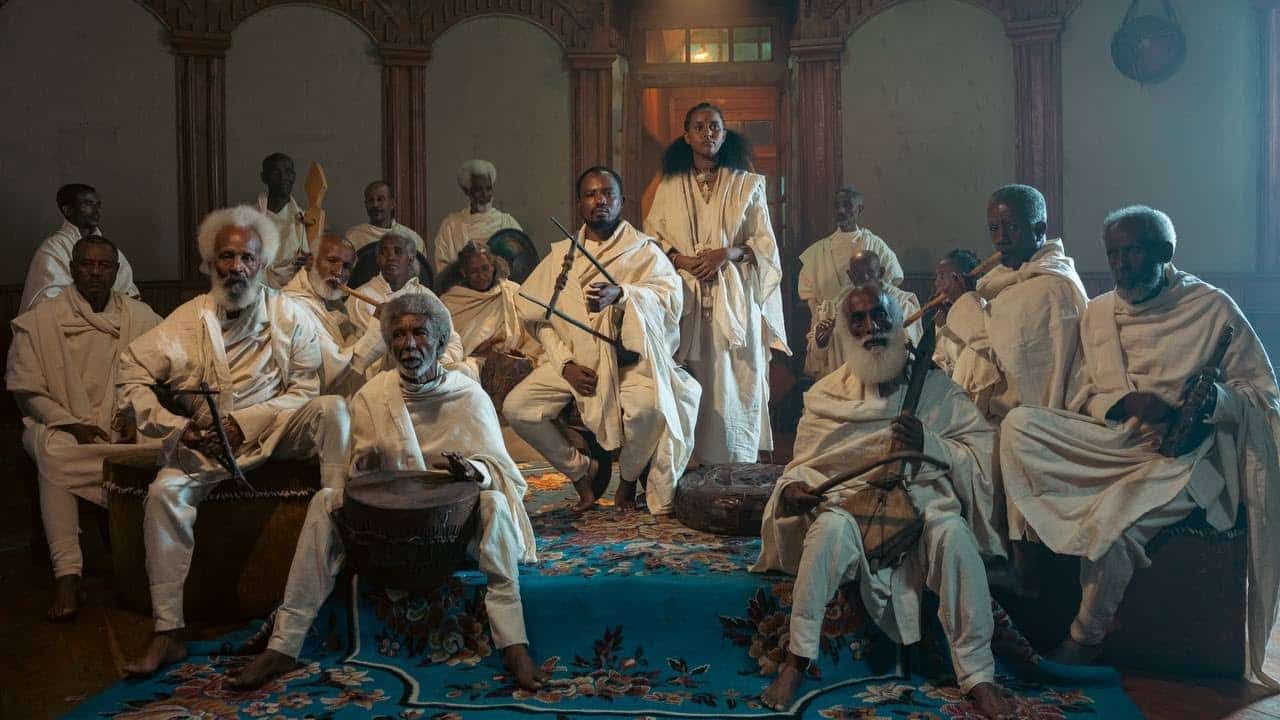(monitor.co.ug) Unable to withstand the pangs of poverty, some girls in the Ethiopian capital are forced to roam the streets under the cover of darkness in search of money, writes Lee Marete.
The streets of Addis Ababa are deceptively languid by day, the slow pace of life probably a manifestation of Ethiopia’s socialism and the attendant intolerance of capitalistic “rot”.
But come nightfall and the veneer rapidly peels off as avenues and alleyways spring to life, giving raucous life to the motley rows of pubs and taverns.
In the buzz and sudden activity a striking feature is slowly visible: The sheer number of women who line the streets; the clusters most visible at junctions and under street lights — something you also see in Nairobi.
I am later to discover they are sex workers, miserably failing in their attempts to discreetly solicit male clients. Ethiopia’s picturesque scenery is a story over told, but this is only half the story. King Solomon, no mean connoisseur of beautiful females, is said to have succumbed too easily to the beautiful Makeda — the fabled Queen of Sheba.
Looking at Ethiopian women, it is easy to see why. Their enchanting beauty is often the subject of folklore. Curious about poverty and prostitution, I set out with the help of a local guide. Our first stop is a darkish tavern tucked off the main artery road to Bole International Airport, which my guide tells me is a popular haunt for ladies of the night.
Music by emerging Ethiopian reggae artiste Eyob Mekonen accosts us at the entrance to the tiny drinkery, blending rather cozily with the clouds of smoke wafting to the ceiling. The place is packed with Indians, Chinese, Whites, and less so, Blacks like me.
The women are, however, the main attraction. Clad in seductive outfits, they leave nothing to imagination. My guide advises me to grab a beer and sit alone to avoid drawing attention as he is well known. A swig or two calms me down enough to approach a sultry beauty perched almost regally on a waist-high stool.
My efforts at small talk in English are not too successful; my knowledge of Amharic, the main language spoken here, is non-existent.
“What’s your name?” I ask. “Alem,” she purrs almost demurely, after sizing me up with her impossibly long eye-lashes and probably deciding all foreigners are worth a punt. I buy her a drink and decide to get straight to the point.
For 600 Birr (about Sh3,000) we will be in business.
She has two young girls who she is struggling to feed and educate, I learn.
I buy her yet another drink and excuse myself, promising to be back. At the entrance to the washrooms is another ravishing seductress preening herself in front of a huge mirror.
She tells me her name is Ayana, but in a coy manner that suggests this is her trade name. She wants 1,000 Birr (Sh5,000). My stock question about her intentions in addition to a drink easily coaxes details out of her.
Ayana tells me that she comes from a large family and her mother has been sickly for a long time, making it a struggle to feed her and her family.
“This strange disease, we don’t understand. It no go away,” she says in shaky English.
For Estuva, a happy, lively and energetic girl, the struggle for school fees is the main reason for her presence here this night. But she has a genuine demeanour that creates a rapport between us that lasts well over an hour.
Oiled by a constant supply of her favourite St. George beer, her tale is one of difficulties, childhood abuse and non-existent opportunities as she grew up.
My time over, I tell her I have to take my friend home, upon which she confusedly asks if we can drop him off together. I concoct a story and promise to come back for her, even taking down her number to look more convincing. She reluctantly lets me go, promising to be there when I am back.
It is a similar tale at another pub across the street, with tales of poverty and hardship the recurrent theme. I discover these girls are of the more expensive variety; out in the streets the hordes of comely twilight ladies quote ridiculously low prices, some going as low as $2. Some of them look barely a day over 15, but are as up front and bold as their older colleagues. Prostitution is the oft understated story of Ethiopia’s poor.
Extreme poverty, early pregnancy and few employment opportunities are the pull factors in this country of 85 million, where over half of the population is illiterate and 85 per cent depends on rain-fed agriculture. Sex work per se is not illegal in Ethiopia although soliciting and underage prostitution are. But the omnipresent authorities often turn a blind eye to these activities, ensuring a roaring trade.
Women at Risk, a not-for-profit organisation that is known for its work with these disadvantaged women, estimates that there are 150,000 prostitutes in the capital, which has unemployment figures that border 60 per cent.
Women at Risk founder, Serawit Terketel, is said to be away until August, so we miss a chance to hear more about the girls. The organisation has been active since 1996, and offers life-skills training to persuade the women off the streets.
According to its website, up to 74 per cent of the sex-workers are thought to be HIV positive, and nearly every girl working in a bar is said to be involved in the trade.
Sex trafficking is also rife here. International Crisis Aid (ICA) runs Forever Found, a Christian NGO that has several safe houses in Ethiopia where it accommodates girls rescued from the streets.
It has a target of rehabilitating 10,000 girls in Ethiopia alone. Last year it bought a brothel which it converted into a chapel. Currently it has 53 girls whom it is counselling and teaching income-generating skills, while tens of others have passed through the NGO.
The organisation is also setting up a clinic to redress the dire healthcare obstacle that the girls find themselves confronted by. “The emotional, physical, and psychological damage is very deep. The brokenness is very hard to break through and restore,” ICA team member Warrine Bazow, told us by e-mail.
“Most girls make it, but some do not. This is a long process and funding is a huge hurdle,” says Ms Bazow, adding that the Ethiopian government — usually suspicious of NGOs — had allowed them ample space to operate in. “While the issue of sex trafficking definitely needs to be addressed, it is important to recognise the primary cause – poverty.
The solution is multifaceted. You can’t address the problem without also addressing the primary cause. But while the interventions may be working, the streets continue to teem with sex workers.
“Many diplomats come here, but often dither after their tour of duty is over. They simply don’t want to go home after being entertained by the girls,” my guide tells me.
Addis Ababa has a large diplomatic community by virtue of hosting the African Union headquarters.













